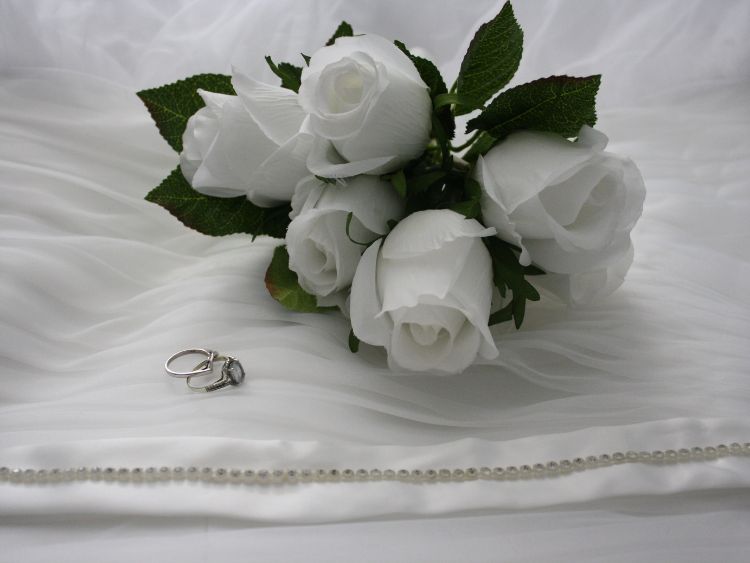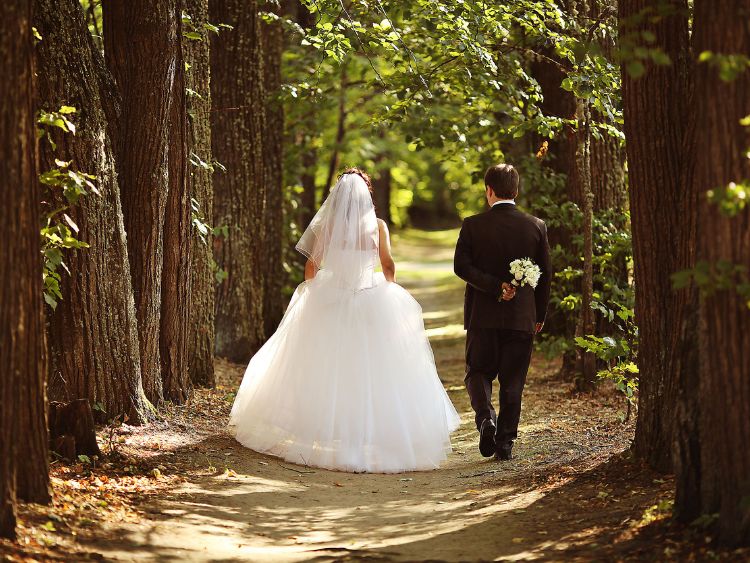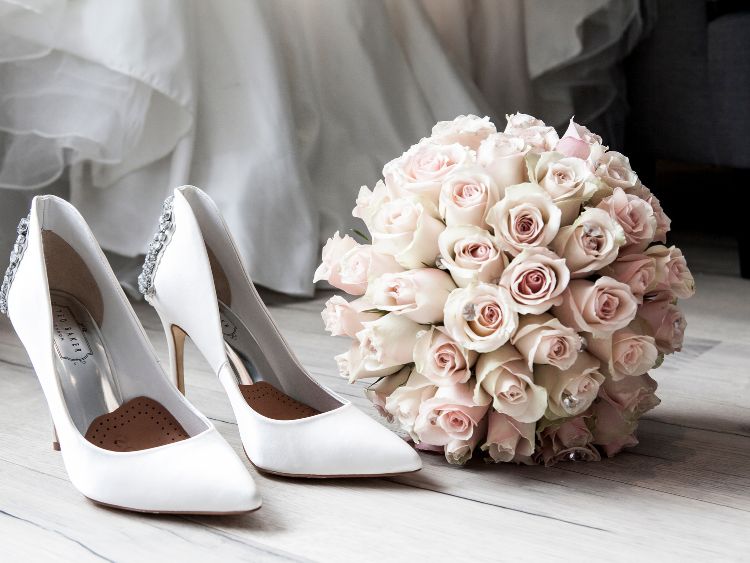Your Ultimate Wedding Planning Journey Begins Here!
So, you’ve said “yes” – now what? Wedding planning is an exciting journey, but let’s be honest, it can feel a bit overwhelming. From deciding on the guest list to choosing a color scheme, there’s a lot to think about. But don’t worry! With the right steps and a clear plan, you’ll enjoy the ride and make memories along the way. This guide breaks down wedding planning into manageable, bite-sized steps that will take you from “just engaged” to “just married” without missing a beat.
Step 1: Start with a Realistic Budget
Let’s get real: weddings can be expensive. But with a clear budget, you’ll know exactly where to spend and where to save. Here’s how to get started:
- Determine Your Total Budget – Sit down with your partner and any contributing family members to establish a comfortable budget.
- Break Down the Budget – Allocate funds for each category: venue, catering, photography, attire, entertainment, and miscellaneous expenses.
- Prepare for Hidden Costs – Don’t forget taxes, tips, transportation, and alterations.
Pro Tip: Use budget-tracking apps or wedding planning tools that help you stay organized and prevent overspending.
Step 2: Create Your Wedding Timeline
You’ve got the budget; now it’s time to set the timeline. While every wedding is unique, most wedding planning timelines span 12 to 18 months. Here’s a rough timeline to follow:
- 12-18 Months Before: Set a date, choose a venue, and create a guest list.
- 9-12 Months Before: Book key vendors, like the photographer, caterer, and entertainment.
- 6-9 Months Before: Send out save-the-dates, order your dress, and begin planning the ceremony.
- 3-6 Months Before: Finalize details, confirm vendors, and book accommodations for out-of-town guests.
- 1-3 Months Before: Send invites, finalize seating arrangements, and schedule a final dress fitting.
Keeping a detailed timeline ensures you’re hitting milestones without last-minute stress.
Step 3: Choose the Perfect Venue
Your venue sets the tone for your wedding day, so take the time to pick the perfect spot. Here are some questions to consider:
- How many guests does the venue hold comfortably?
- Is the location accessible for all guests?
- Does the venue provide tables, chairs, and decor, or will you need to rent them?
- What’s the cancellation policy?
Consider visiting a few venues before making your final decision. Many couples book venues up to a year in advance, so start looking early!
Step 4: Define Your Wedding Style and Theme
Do you envision a rustic barn wedding, a beach ceremony, or a chic city event? Defining your wedding style will help with decor choices, attire, and even the choice of vendors. Here are some popular wedding themes to consider:
- Classic Elegance: Think black-tie attire, elegant florals, and timeless decor.
- Rustic Charm: Barn venues, mason jars, and wildflower bouquets.
- Modern Minimalist: Clean lines, neutral colors, and sleek decor.
- Destination Wedding: Tropical vibes, beach backdrops, or mountain views.
Tip: Use platforms like Pinterest to gather inspiration and share ideas with your vendors.
Step 5: Curate Your Guest List
Creating a guest list can be one of the trickiest parts of wedding planning. Your budget and venue will largely dictate the size of your guest list, so start with an estimated number before you finalize anything. Here are some tips:
- Prioritize Closest Friends and Family – Start with the most important people, and work down from there.
- Set Boundaries – Decide if you’ll allow plus-ones or children, as these decisions impact the guest count.
- Remember Your Budget – Each guest affects the budget, from catering costs to venue capacity.
Once you’ve got a list you’re happy with, you’re ready to start inviting!
Step 6: Book Your Vendors Early
Finding reliable vendors is crucial for a smooth wedding day. These vendors are the backbone of your event, so book them early. Here’s a quick list of essential vendors to consider:
- Photographer/Videographer: Capture your day beautifully.
- Caterer: Great food leaves a lasting impression on guests.
- Florist: Adds charm and personality to your decor.
- Entertainment: Whether it’s a band, DJ, or live singer, music brings the party to life.
- Hair and Makeup Artist: Look and feel your best on your big day.
Make sure to read reviews, ask for portfolios, and consider setting up meetings before signing any contracts.
Step 7: Find the Perfect Wedding Attire
Finding the perfect dress or suit is a big moment in wedding planning. Start your search early (ideally 9-12 months before) to allow time for fittings and alterations. Here’s how to go about it:
- Set a Budget – Wedding attire varies widely in cost, so start with a budget that fits within your overall wedding plan.
- Consider Your Style – Think about the wedding theme and season. A ballgown may suit a winter wedding, while a lightweight dress may work better for a summer event.
- Schedule Appointments – Book fittings with bridal salons or suit shops to explore different styles.
Remember: Alterations can take several months, so give yourself plenty of time!
Step 8: Plan the Ceremony and Reception Details
Your wedding ceremony and reception are the highlights of the day. Whether you want a traditional or modern vibe, be sure to personalize the details. Here’s what to consider:
- Ceremony Details – Choose your officiant, vows, and any readings or music you’d like.
- Reception Layout – Plan seating arrangements, tablescapes, and a timeline for speeches and toasts.
- Entertainment – Decide if you’ll have a DJ, live band, or both.
These details shape the experience, so make it personal and memorable.
Step 9: Send Out Invitations and Manage RSVPs
Wedding invitations set the tone and give guests all the necessary information. Here are some tips for managing invitations:
- Choose a Design That Reflects Your Style – Whether you go traditional or modern, let the invitation give guests a preview of what to expect.
- Include Key Details – Date, time, location, dress code, and RSVP instructions.
- Track RSVPs – Use an online system or wedding website to keep track of responses easily.
Sending out invites 8-12 weeks before the big day is ideal for guests to make arrangements.
Frequently Asked Questions about Wedding Planning
- How far in advance should I start wedding planning?
It’s best to start planning 12-18 months in advance. This allows plenty of time to secure venues and vendors without rushing. - How can I save money on wedding planning?
Setting a budget and prioritizing what matters most can help you save. Consider choosing off-peak dates, a more intimate venue, or a simple decor theme to cut costs. - Do I need a wedding planner?
A wedding planner can be incredibly helpful, especially if you’re short on time. However, many couples successfully plan their own weddings by staying organized and starting early. - What should I prioritize in wedding planning?
Start with the venue, budget, and guest list. Once these elements are set, it’s easier to fill in the rest of the details. - How can I make my wedding unique?
Personalize the ceremony, choose a unique theme, and add small touches that reflect your personality and relationship – like favorite songs, foods, or cultural traditions.
Conclusion: Enjoy Every Step of the Wedding Planning Process!
Wedding planning is as much about the journey as it is about the day itself. By following these steps and staying organized, you’ll turn your dream wedding into a reality. Remember, it’s not just about the destination but the memories you create along the way.
Authoritative Sources



